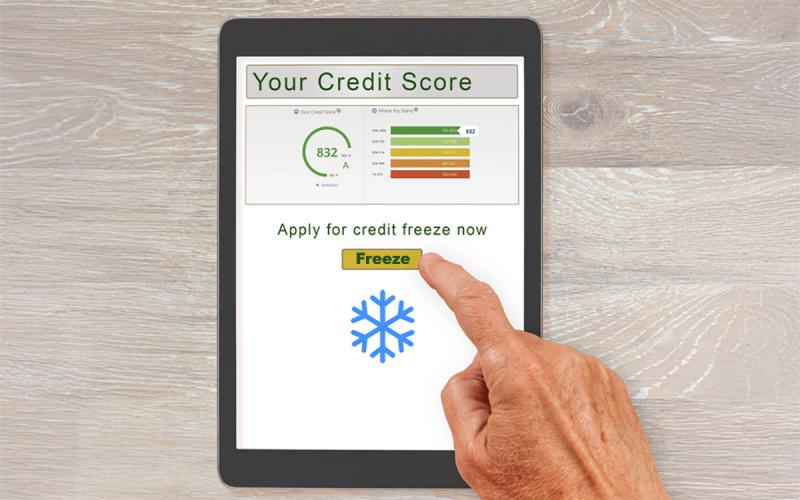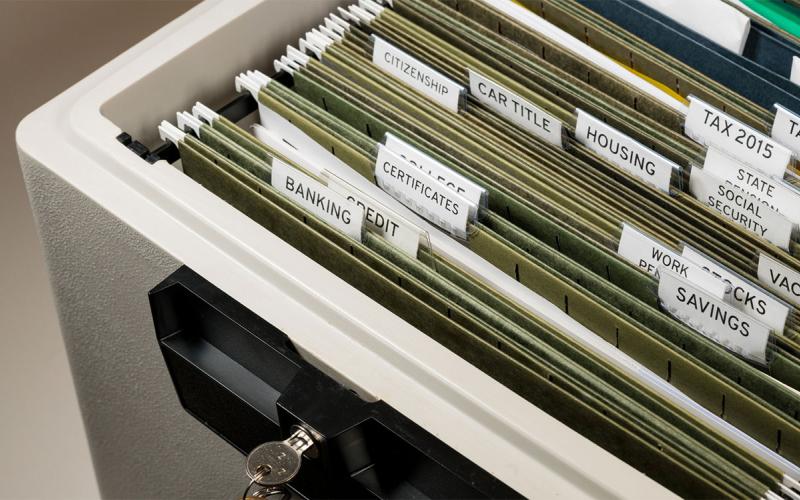Predatory lending is an action that targets consumers who are in a vulnerable financial situation in which money is needed quickly to take care of a financial emergency. Alternative financial services (AFS) are the financial products used by predatory lenders.
Common Predatory Lenders
- Payday Loans
Payday loans are small loans, usually $300-$500 borrowed with the intent of making a full payment of the amount due within 30 days. The due date is usually the payday for the borrower. The cost of this type of loan is usually a flat borrowing fee of $15 - $20 for every $100 borrowed. The consumer provides the lender with either a postdated check or permission to electronically access the funds for the loan plus fees. The lender can then cash the check or withdraw the funds from the account for repayment. - Pawnshop Loans
Pawnshop loans are secured by a physical item and are usually for a few hundred dollars or less. The maturity of the loan is 30 days, with a borrowing fee of approximately 20% of the loan’s value (i.e. $20 on a $100 loan). If the loan is not repaid within 30 days, the lender may sell the item. - Direct Deposit Advances
Direct deposit advances are loans or advances offered as an add-on to checking accounts. The funds are borrowed against a line of credit and are typically $500 - $1000. Funds are transferred to the transaction account and repaid via an automatic deduction. There is usually a flat borrowing fee of $7.50 - $10 per $100 loaned. - Installment Loans
Installment loans range from several hundred to several thousand dollars and are offered by nonbank providers such as furniture and appliance vendors, or car dealerships. The loan is repaid in a series of installments. The borrower is charged a periodic interest with annual percentage rates (APR) of 20%-30% for larger loans and up to 200% for smaller loans. - Auto Title Loans
Auto title loans are also offered by nonbank providers and are secured by the title of a used car. Borrowers keep the car during the loan but the lender can take possession of the car if the borrower defaults on the loan (does not repay the loan). Loans range from $1000 - $2500 and the fees are typically 10% - 25% of the loan value per month.
Appeal
The appeal of using alternative financial services (AFS) is that no credit check is required and processing of the loan is very quick. A bank account is needed for a payday loan but for other types of loans, it is not necessary to have an account. The Center for Financial Services Innovation identified four common reasons consumers use AFS products. The first is to fill a consistent gap between income and expenses. Consumers who use AFS products are using the funds to pay utility bills (36%), general living expenses (34%), or rent (18%). The second is to meet cash flow problems where bills and paychecks are misaligned. Causes of the misalignment are living expenses consistently being more than income, or a bill or payment is due before the paycheck is received. The third common reason consumers use AFS products is to address an unexpected financial event such as an emergency expense or a drop in income. The last reason is to make a planned purchase such as buying a car, an expense for children, or a major household purchase.
Dangers
Disadvantages of using AFS products are the high interests rates and fees associated with the products. For example, a $100 loan with a fee of $10 which will be paid in 2 weeks has an APR of 260% ($10 fee for 2 weeks = 10% x 26 (52 weeks/2) = 260%). The high cost of interest and fees is a reason these types of lenders are called predatory. Based on a person’s financial situation, taking on the expense of the loan may not be in their best interest. Additionally, many consumers struggle with repeat usage of these types of products, which increases the cost over time.
Even with the high cost of AFS products, there are advantages for consumers to use these services. When a financial crisis or emergency occurs, AFS products provide an option to borrow funds to address the need immediately if borrowing from a bank is not an option. No credit check is required so the process can be completed quickly. Consumers do need to make sure their credit is in good standing even if it is not checked for this type of loan. For consumers able to pay the loan in full when due the cost is minimal.
The Bottom Line
Alternative financial services have a place in the financial services industry. Consumers need to be aware of the costs of this type of service and use that information to make an informed decision. Credit needs to be affordable, clearly marketed for consumers to understand the product, fairly priced, and structured to support repayment to reduce the likelihood of repeat borrowing.


